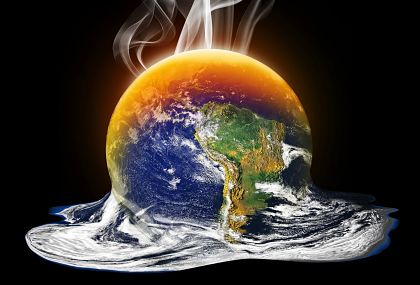News

Alaska in addressing climate change
Many states currently addressing climate change issue, where Alaska actually witnessing it firsthand effected by global warming.
Alaska as a major oil and gas producer is being aggressively pushed to craft its own plan to finalize climate strategy, which should propose certain policies to reduce emissions and help the state to attune to the climate change impact. “Climate change is affecting Alaskans right now. From erosion forcing entire villages to relocate to infrastructure damage from thawing permafrost, the physical and economic impacts of climate change are hitting Alaska faster and with more severity than most other areas of the world.”
The challenging part of this strategy is to be able to maintain the revenue which is coming from production of oil, as it is roughly 85 percent of state’s budget and remain an oil and gas producing state, as well as fortify the commitment to addressing climate change.“We should not use our role as an energy producer to justify inaction or complacency in our response to the complex challenge of climate change.” (http://juneauempire.com/opinion/2018-03-20/time-conversation-climate-and-development-now)
Alaska’s main climate impact is through the oil and gas industry, the product of which is burned in cars and trucks throughout the country, and in order to reduce the emission the industry should strongly consider obtaining synthetic, clean burning fuel, which can be produced by adapting the gas-to-liquid technology. GTL technology allows to produce environmentally friendly, premium quality synthetic product with a high cetane number, no sulphur or aromatics, changing the game of transportation fuel market.